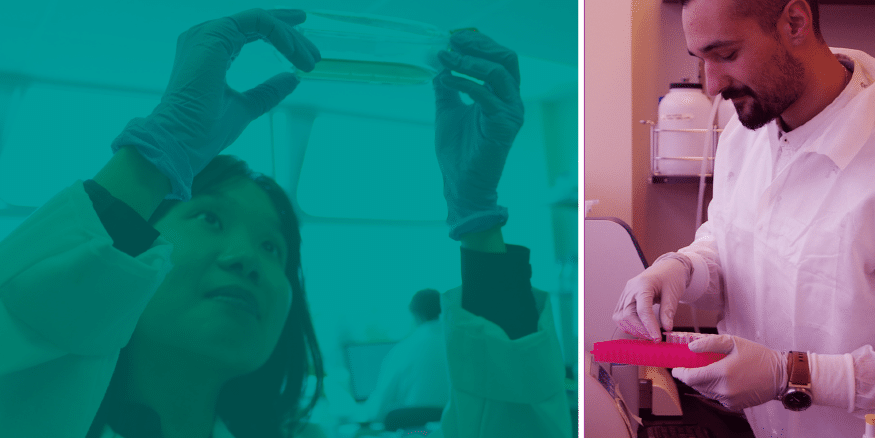
Is a Cure for Inflammatory Bowel Disease Close?
For those who are living with Crohn’s disease or ulcerative colitis, a cure for these inflammatory bowel diseases (IBD) would be a life-changing dream come true. That is the goal of Vancouver-based biopharmaceutical company, Qu Biologics, which aims to cure IBD and other serious illnesses through state-of-the-art immunotherapy treatments. With these treatments, Qu Biologics hopes to positively affect how the body handles chronic diseases and reverse the tissue damage caused by inflammation.
Site Specific Immunomodulators (SSIs) are therapies composed of inactivated bacteria intended to help the body combat conditions that affect the immune system, including autoimmune diseases and cancer.1 The objective of SSI treatment is to strengthen the immune system of IBD patients to stop their bodies from experiencing the negative immune response caused by the disease. While some drugs currently on the market to treat IBD work to reduce inflammation to alleviate symptoms, the SSIs that Qu Biologics are developing aim to remedy the disease altogether by addressing the innate immune suppression and bacterial infection associated with the disease, and curing it from there.
To help them accomplish this, Qu Biologics has partnered with Dr. Adam Shuhendler, an assistant professor at the University of Ottawa. Together, they have been awarded an Engage Grant from The Natural Sciences and Engineering Research Council (NSERC) of Canada, which will allow them to track the effects of SSIs in the body to explore their benefits in individuals who have cancer, autoimmune diseases, and inflammatory bowel disease.2
Since it is often challenging to track the effects of these treatments on patients, Dr. Shuhendler expects that the partnership between Qu Biologics and his lab will greatly improve knowledge on the topic and stressed how excited he was to begin researching. “My team and I at the Molecular Medicine labs at the University of Ottawa are very excited to enter into this research partnership with Qu Biologics and to be able to apply our unique synthetic chemistry and molecular imaging skills to support Qu Biologics in their product development,” he said. “It is very exciting for us to be involved in work so close to commercialization and clinical translation. The innovative immunotherapy platform developed by Qu Biologics has already achieved very exciting results that will surely benefit Canadians, and this federally-sponsored partnership program is allowing my team to make real contributions to a great Canadian innovation.”2
Qu Biologics and its scientists are also excited about the opportunity to learn more about the long-term positive effects of SSIs alongside the team at the University of Ottawa. Dr. Shirin Kalyan, the Director of Scientific Innovation at Qu Biologics, is particularly keen to establish more potential uses for SSIs. “We anticipate this work will lead to a detailed understanding of the fate of SSIs in living systems, and equally importantly, it will provide us with new tools to study biologics. The Engage Grant is thus providing support for Canadian innovation and Canada’s knowledge economy,” she said.2
As Qu Biologics delves deeper into the advantages of treating patients with Site Specific Immunomodulators, they will continue to learn more about underlying sources and origins of immune system-damaging diseases such as inflammatory bowel disease. By pursuing the underlying causes for this disease and working alongside patients and other Canadian medical experts, Qu Biologics is closer to a cure for inflammatory bowel disease than ever before.















